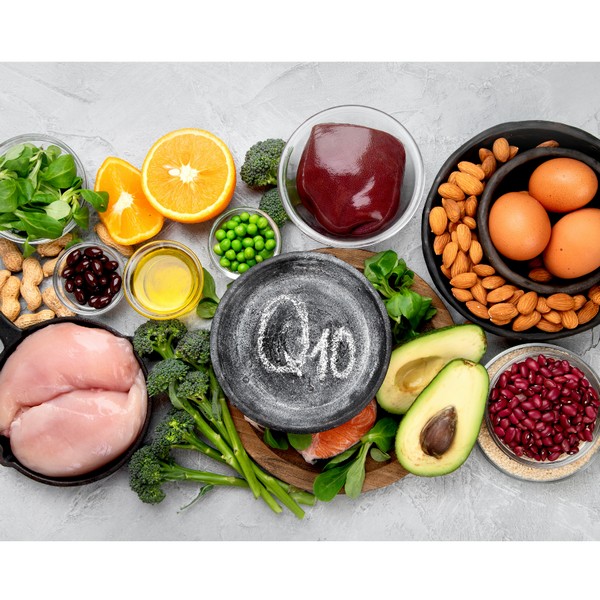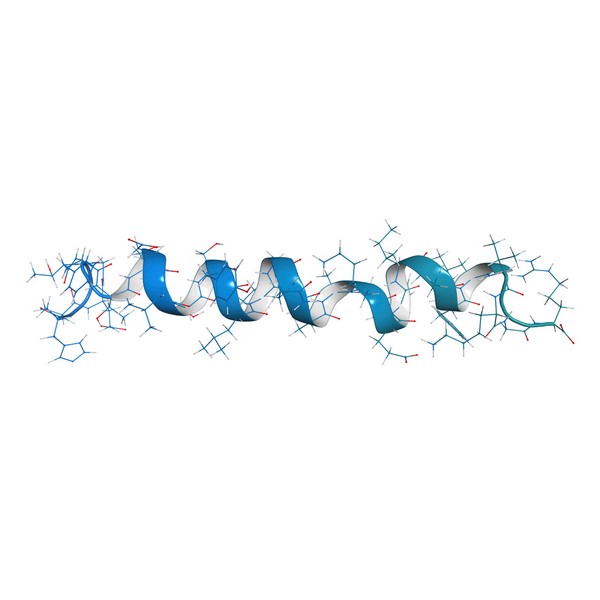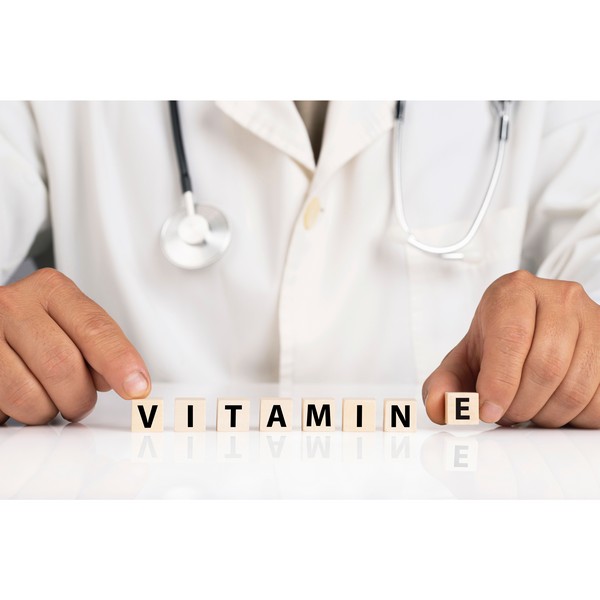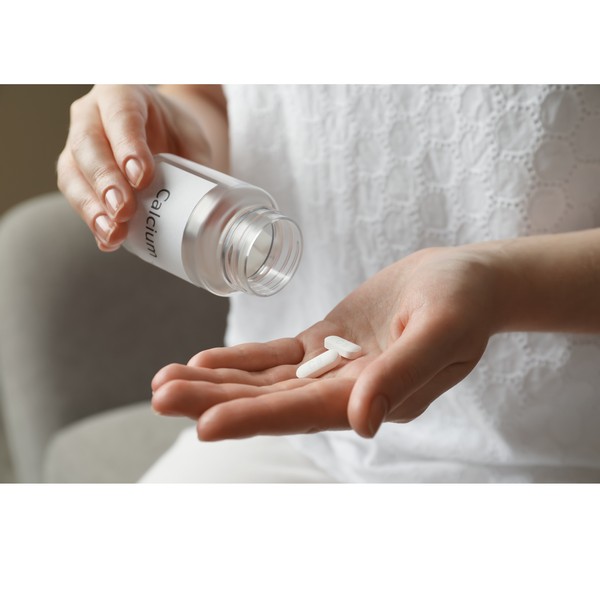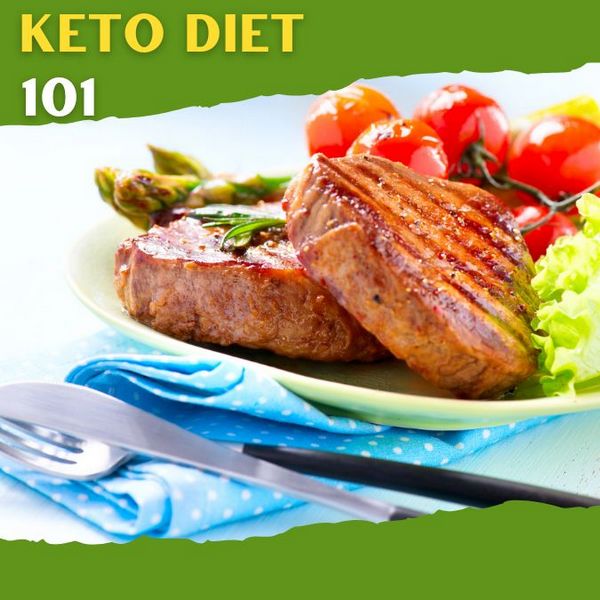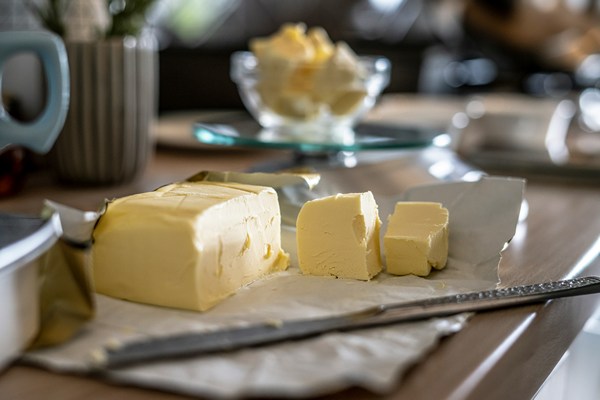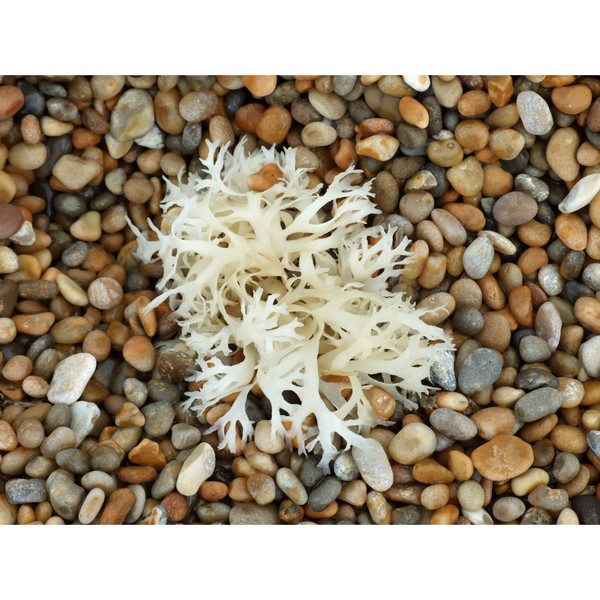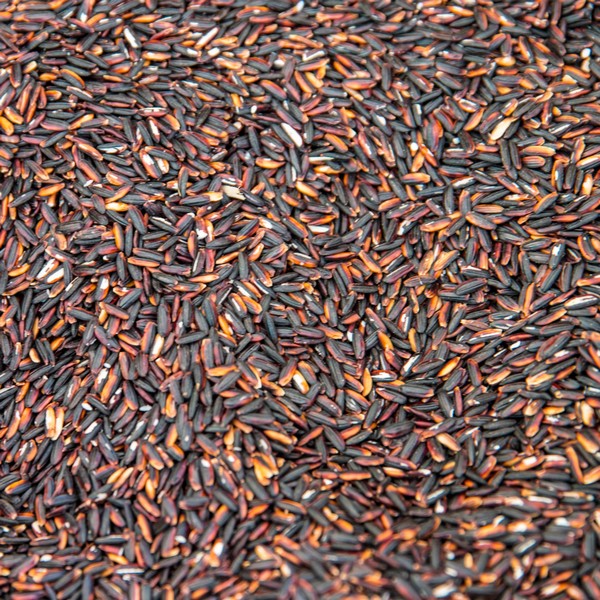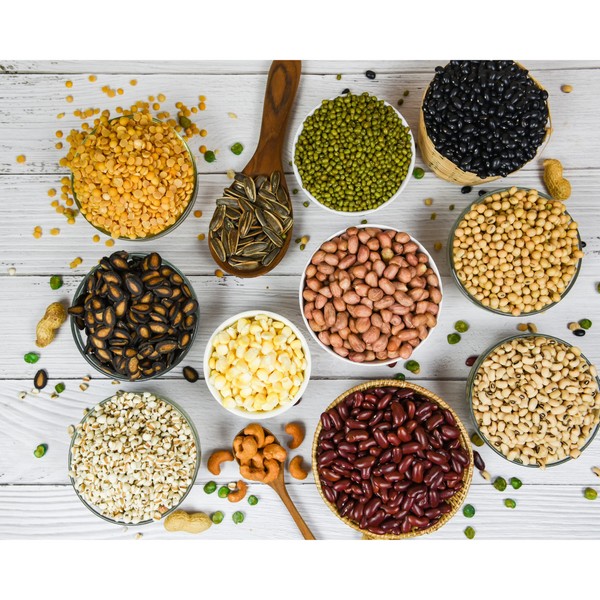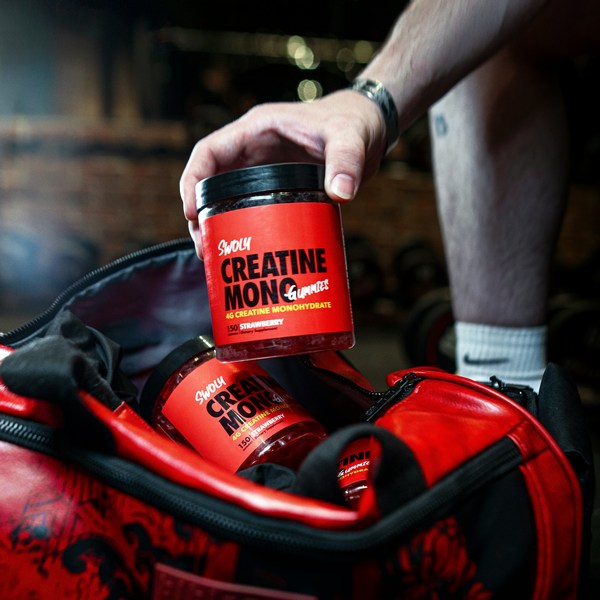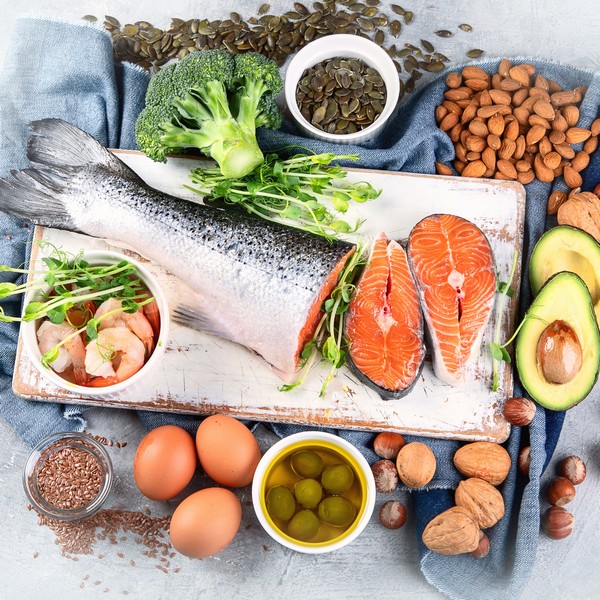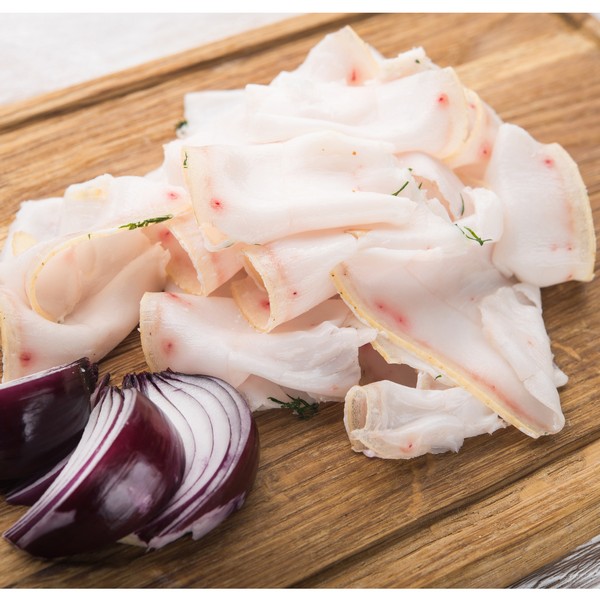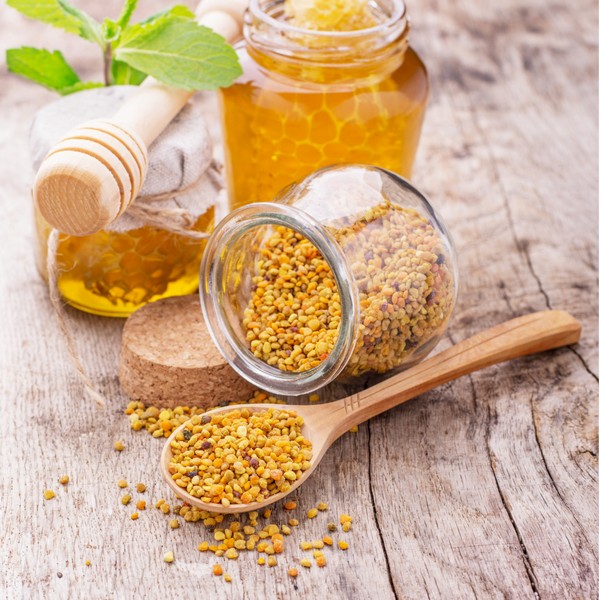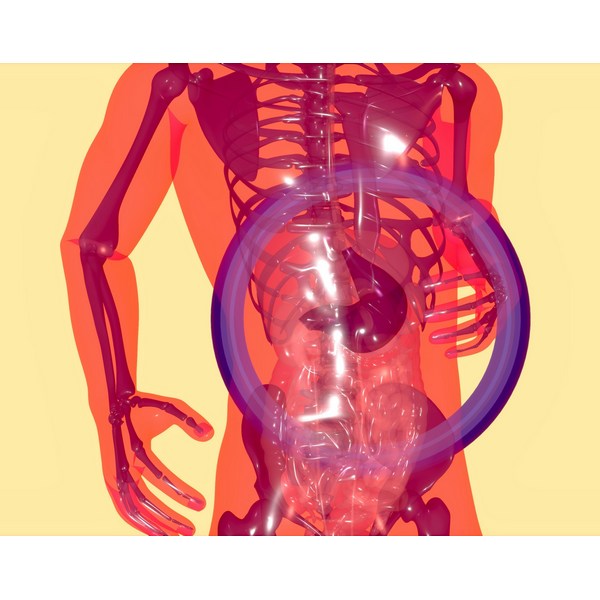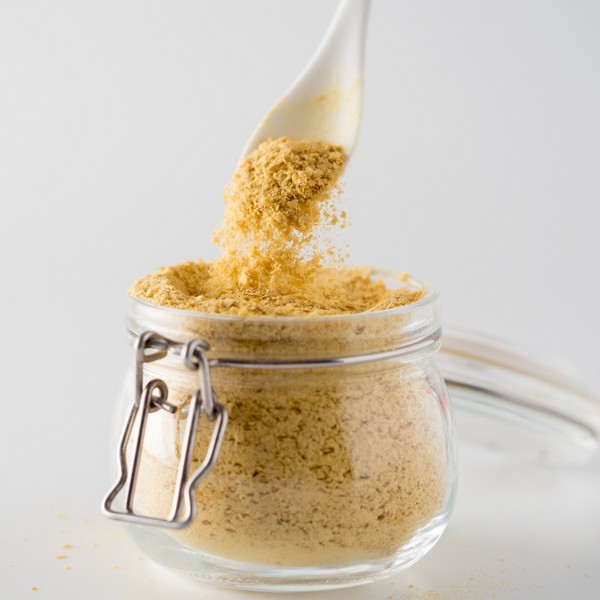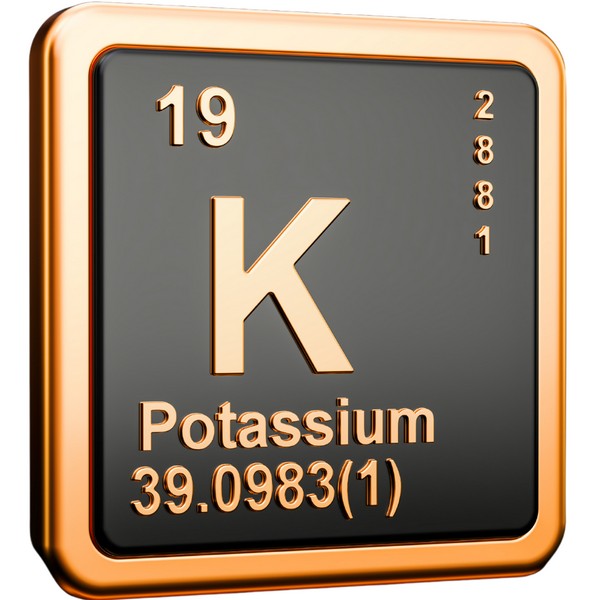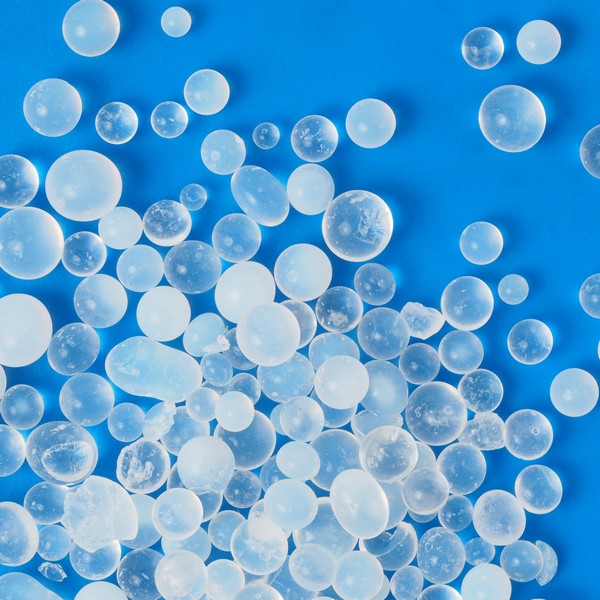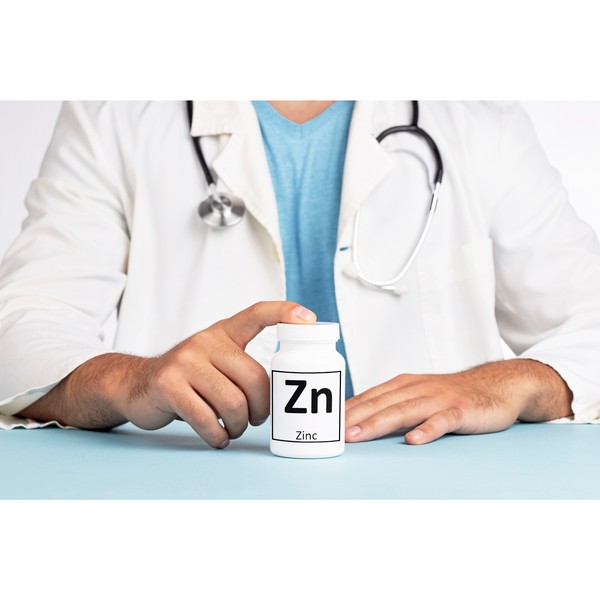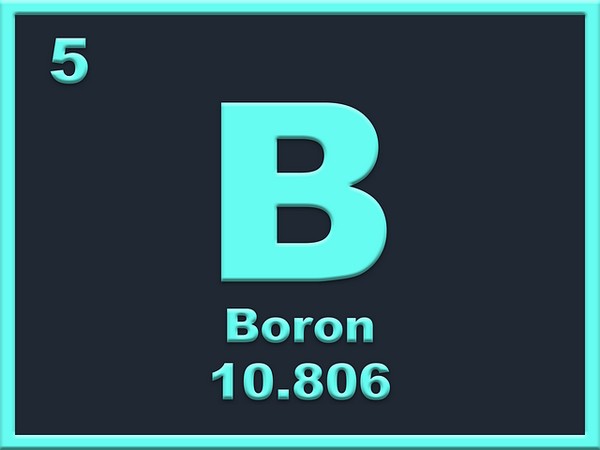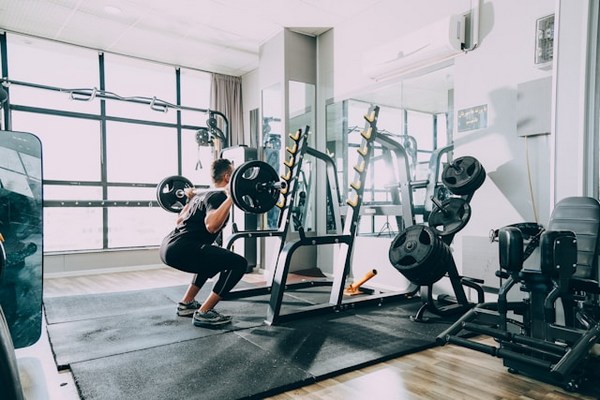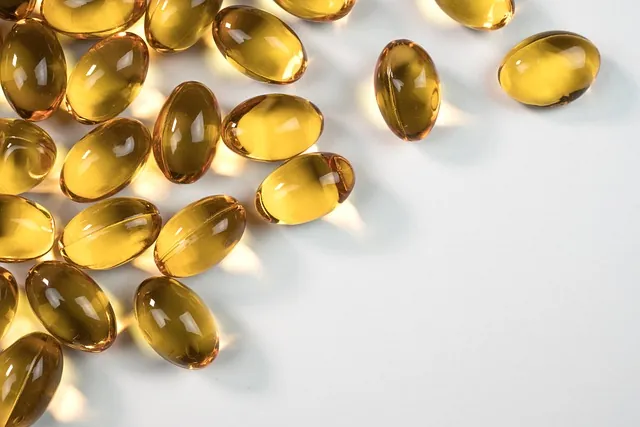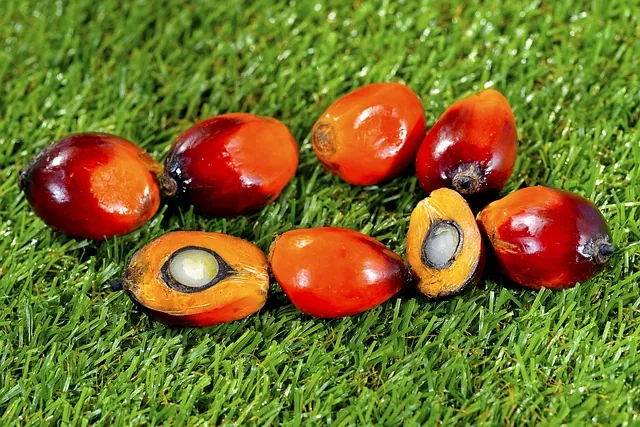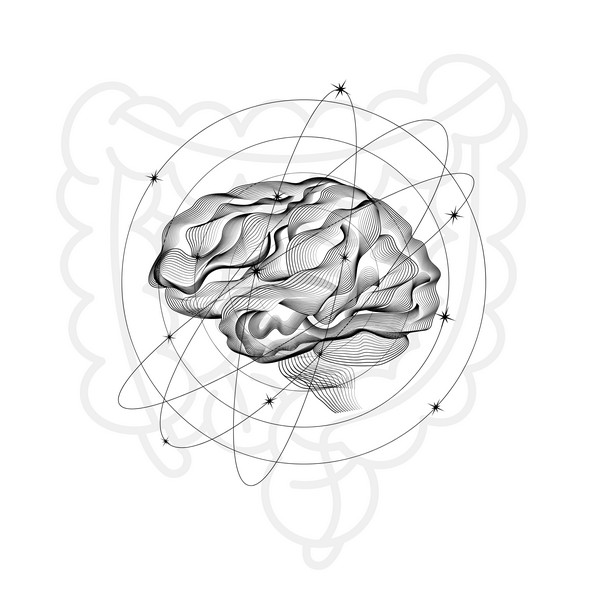Key Takeaways
- Collagen is the most abundant protein in the body, supporting the structure of skin, bones, and connective tissues.
- It helps maintain skin elasticity, joint function, and muscle strength.
- Collagen production decreases with age, leading to signs of aging and joint discomfort.
- Bone broth, animal skins, and certain cuts of meat are natural sources of collagen.
- Collagen supplements can support skin and joint health.
What is Collagen?
Definition and Role in the Body
Collagen is a protein that provides structural support to various tissues in the body, including the skin, bones, tendons, and ligaments.
It helps these tissues remain firm and elastic, enabling them to withstand physical stress. Collagen also aids in wound healing and keeps the skin hydrated.
Types of Collagen
There are several types of collagen, each serving different functions within the body:
- Type I: Found in skin, bones, tendons, and ligaments, it provides structure and strength.
- Type II: Found in cartilage, it supports joint health and cushioning.
- Type III: Found in blood vessels, muscles, and skin, it helps maintain tissue elasticity and integrity.
- Type IV: Found in the basement membrane of cells, it supports filtration in organs like the kidneys.
- Type V: Found in hair, placenta, and the cornea, it helps regulate tissue development.
Each type of collagen plays a specific role in maintaining the body’s structural integrity.
Benefits of Collagen

Skin Health
Collagen is essential for maintaining the skin’s firmness and elasticity. As collagen levels decline with age, the skin may lose its elasticity, leading to wrinkles and sagging.
Consuming collagen-rich foods or taking supplements can help improve skin texture and promote a youthful appearance.
Joint and Bone Health
Collagen is important for the health of joints and bones. It supports the cartilage that cushions joints, reducing the risk of pain and stiffness.
Lower collagen levels are often associated with conditions like osteoarthritis. Taking collagen supplements may help alleviate joint pain and improve mobility.
Muscle Mass and Recovery
Collagen supports muscle tissue, contributing to muscle strength and mass. It can be particularly beneficial for those who are physically active, helping with muscle recovery after exercise and maintaining muscle mass over time.
Sources of Collagen

Dietary Sources
Collagen can be naturally obtained from animal-based foods:
- Bone Broth: Rich in collagen, made by simmering animal bones.
- Animal Skins: Chicken skin, pork rinds, and fish skin are high in collagen.
- Certain Cuts of Meat: Cuts like oxtail, shank, and brisket contain connective tissue rich in collagen.
These foods provide natural collagen that helps support the body’s collagen production.
Collagen Supplements
For those who may not get enough collagen through food, supplements are an option:
- Hydrolyzed Collagen: This form has been broken down into smaller peptides, making it easier for the body to absorb.
- Collagen Peptides: A popular supplement form that can be mixed into drinks or food.
Supplements can help maintain collagen levels, especially as natural production decreases with age.
Factors Affecting Collagen Levels

Aging:
Collagen production decreases with age, leading to common signs of aging like wrinkles and joint discomfort. While aging is a natural process, certain lifestyle choices can help slow down collagen loss.
Sun Exposure:
Excessive UV exposure breaks down collagen fibers in the skin.
Smoking:
Smoking damages collagen and accelerates skin aging.
Diet:
Poor nutrition can reduce collagen production. Vitamin C and copper in particular are both important for collagen production in the body.
Silica, also known as silicon dioxide, is a naturally occurring compound found in rocks, plants, and even the human body.
It is an essential mineral for maintaining healthy bones, skin, hair, nails, and joints. Silica supports collagen production, which helps with tissue strength and flexibility.
Vitamin C
Vitamin C is essential for collagen synthesis. It acts as a cofactor for the enzymes that stabilize and cross-link collagen molecules.
Without enough vitamin C, collagen production is impaired, leading to weaker connective tissues.
It helps in the hydroxylation of proline and lysine, amino acids that are important for forming stable collagen. This process helps collagen fibers maintain their strength and structure.
Copper
Copper is also vital for collagen production. It is a cofactor for an enzyme called lysyl oxidase, which helps cross-link collagen fibers, making the collagen more durable and stable.
Adequate copper levels support the proper function of this enzyme, ensuring that collagen fibers are strong and properly formed.
Both vitamin C and copper are necessary to maintain healthy collagen levels, supporting skin elasticity, joint health, and overall tissue integrity.
Without sufficient amounts of either, the body’s ability to produce and maintain collagen is compromised.
Maintaining a healthy lifestyle can help preserve collagen levels and protect the skin, joints, and other tissues.
Conclusion
Collagen is an essential protein that supports the structure and function of the body’s tissues. As the body ages, it’s important to focus on maintaining collagen levels through diet and supplements to help preserve skin elasticity, joint health, and muscle strength. Natural sources of collagen, such as bone broth and certain cuts of meat, along with supplements, can play a key role in supporting overall health.
FAQs
What is collagen, and why is it important?
Collagen is a protein that provides structural support to skin, bones, and connective tissues, helping them stay strong and flexible.
How does collagen benefit skin health?
Collagen helps maintain skin elasticity and hydration, reducing the appearance of wrinkles and promoting a youthful look.
Can collagen supplements help with joint pain?
Yes, collagen supplements may improve joint mobility and reduce pain, particularly in individuals with osteoarthritis.
What are the best dietary sources of collagen?
Bone broth, animal skins, and specific cuts of meat are excellent sources of collagen.
How does aging affect collagen levels in the body?
Aging naturally reduces collagen production, leading to wrinkles, joint pain, and other signs of aging.
Research
Avila Rodríguez, M.I., Rodríguez Barroso, L.G., & Sánchez, M.L. (2017). Collagen: A review on its sources and potential cosmetic applications. *Journal of Cosmetic Dermatology*, 17(1), 20–26. https://doi.org/10.1111/jocd.12450
Arseni, L., Lombardi, A., & Orioli, D. (2018). From Structure to Phenotype: Impact of Collagen Alterations on Human Health. *International Journal of Molecular Sciences*, 19(5), 1407. https://doi.org/10.3390/ijms19051407
Benito-Ruiz, P., Camacho-Zambrano, M.M., Carrillo-Arcentales, J.N., Mestanza-Peralta, M.A., Vallejo-Flores, C.A., Vargas-López, S.V., Villacís-Tamayo, R.A. and Zurita-Gavilanes, L.A., 2009. A randomized controlled trial on the efficacy and safety of a food ingredient, collagen hydrolysate, for improving joint comfort. International Journal of Food Sciences and Nutrition, [online] 60(sup2), pp.99–113. https://doi.org/10.1080/09637480802498820.
Campos, L.D., Santos Junior, V. de A., Pimentel, J.D., Carregã, G.L.F., & Cazarin, C.B.B. (2023). Collagen supplementation in skin and orthopedic diseases: A review of the literature. *Heliyon*, 9(4), e14961. https://doi.org/10.1016/j.heliyon.2023.e14961
Dähnhardt, D., Dähnhardt-Pfeiffer, S., Segger, D., Poeggeler, B., & Lemmnitz, G. (2024). Restoration of the Ultrastructural Integrity of the Dermal Collagen Network by 12-Week Ingestion of Special Collagen Peptides. *Dermatology and Therapy*, 14(9), 2509–2521. https://doi.org/10.1007/s13555-024-01251-8
Demir-Dora, D., Ozsoy, U., Yildirim, Y., Yilmaz, O., Aytac, P., Yilmaz, B., Dogan Kurtoglu, E., Akman, A., Tezman, S., Inaloz, H.S., & Erenmemisoglu, A. (2024). The Efficacy and Safety of CollaSel Pro® Hydrolyzed Collagen Peptide Supplementation without Addons in Improving Skin Health in Adult Females: A Double Blind, Randomized, Placebo-Controlled Clinical Study Using Biophysical and Skin Imaging Techniques. *Journal of Clinical Medicine*, 13(18), 5370. https://doi.org/10.3390/jcm13185370
Khatri, M., Naughton, R.J., Clifford, T., Harper, L.D., & Corr, L. (2021). The effects of collagen peptide supplementation on body composition, collagen synthesis, and recovery from joint injury and exercise: a systematic review. *Amino Acids*, 53(10), 1493–1506. https://doi.org/10.1007/s00726-021-03072-x
Koizumi, S., Inoue, N., Sugihara, F., & Igase, M. (2019). Effects of Collagen Hydrolysates on Human Brain Structure and Cognitive Function: A Pilot Clinical Study. *Nutrients*, 12(1), 50. https://doi.org/10.3390/nu12010050
Kisling, A., Lust, R. M., & Katwa, L. C. (2019). What is the role of peptide fragments of collagen I and IV in health and disease? *Life Sciences*, 228, 30-34. https://doi.org/10.1016/j.lfs.2019.04.042
Kuivaniemi, H., Peltonen, L., Palotie, A., Kaitila, I., & Kivirikko, K.I. (1982). Abnormal copper metabolism and deficient lysyl oxidase activity in a heritable connective tissue disorder. *Journal of Clinical Investigation*, 69(3), 730–733. https://doi.org/10.1172/jci110503
Kuwaba, K., Kusubata, M., Taga, Y., Igarashi, H., Nakazato, K. and Mizuno, K., 2023. Dietary collagen peptides alleviate exercise-induced muscle soreness in healthy middle-aged males: a randomized double-blinded crossover clinical trial. Journal of the International Society of Sports Nutrition, [online] 20(1).
https://doi.org/10.1080/15502783.2023.2206392.
Larder, C.E., Iskandar, M.M., & Kubow, S. (2023). Collagen Hydrolysates: A Source of Bioactive Peptides Derived from Food Sources for the Treatment of Osteoarthritis. *Medicines*, 10(9), 50. https://doi.org/10.3390/medicines10090050
Lin, C.-R., Tsai, S.H.L., Huang, K.-Y., Tsai, P.-A., Chou, H., & Chang, S.-H. (2023). Analgesic efficacy of collagen peptide in knee osteoarthritis: a meta-analysis of randomized controlled trials. *Journal of Orthopaedic Surgery and Research*, 18(1). https://doi.org/10.1186/s13018-023-04182-w
Mak, K.M., Png, C.Y.M., & Lee, D.J. (2016). Type V Collagen in Health, Disease, and Fibrosis. *The Anatomical Record*, 299(5), 613–629. https://doi.org/10.1002/ar.23330
Makris, E. A., MacBarb, R. F., Responte, D. J., Hu, J. C., & Athanasiou, K. A. (2013). A copper sulfate and hydroxylysine treatment regimen for enhancing collagen cross-linking and biomechanical properties in engineered neocartilage. *The FASEB Journal*, 27(6), 2421-2430. https://doi.org/10.1096/fj.12-224030
Martínez-Puig, D., Costa-Larrión, E., Rubio-Rodríguez, N., & Gálvez-Martín, P. (2023). Collagen Supplementation for Joint Health: The Link between Composition and Scientific Knowledge. *Nutrients*, 15(6), 1332. https://doi.org/10.3390/nu15061332
Pogačnik, T., Žmitek, J., Hristov, H., Keršmanc, P., Butina, M. R., & Žmitek, K. (2023). The effect of a 12-week dietary intake of food supplements containing collagen and MSM on dermis density and other skin parameters: A double-blind, placebo-controlled, randomised four-way study comparing the efficacy of three test products. *Journal of Functional Foods*, 110, 105838. https://doi.org/10.1016/j.jff.2023.105838
Porfírio, E., & Fanaro, G.B. (2016). Collagen supplementation as a complementary therapy for the prevention and treatment of osteoporosis and osteoarthritis: a systematic review. *Revista Brasileira de Geriatria e Gerontologia*, 19(1), 153–164. https://doi.org/10.1590/1809-9823.2016.14145
Pu, S., Huang, Y., Pu, C., Kang, Y., Hoang, K. D., Chen, K., & Chen, C. Effects of Oral Collagen for Skin Anti-Aging: A Systematic Review and Meta-Analysis. *Nutrients*, 15(9), 2080. https://doi.org/10.3390/nu15092080
Ratna Dewi, D. A., Arimuko, A., Norawati, L., Yenny, S. W., Setiasih, N. L., Perdiyana, A., Arkania, N., Nadhira, F., & Wiliantari, N. (2023). Exploring the Impact of Hydrolyzed Collagen Oral Supplementation on Skin Rejuvenation: A Systematic Review and Meta-Analysis. *Cureus*, 15(12). https://doi.org/10.7759/cureus.50231
Reilly, D.M. and Lozano, J., 2021. Skin collagen through the lifestages: importance for skin health and beauty. Plastic and Aesthetic Research, [online] 8, p.2.
https://doi.org/10.20517/2347-9264.2020.153.
Rucker, R., Kosonen, T., Clegg, M., Mitchell, A., Rucker, B., Uriu-Hare, J., & Keen, C. (1998). Copper, lysyl oxidase, and extracellular matrix protein cross-linking. *The American Journal of Clinical Nutrition*, 67(5), 996S-1002S. https://doi.org/10.1093/ajcn/67.5.996s
Snedeker, J. G., & Gautieri, A. The role of collagen crosslinks in ageing and diabetes - the good, the bad, and the ugly. *Muscles, Ligaments and Tendons Journal*, 4(3), 303-308. https://www.ncbi.nlm.nih.gov/pmc/articles/PMC4241420/
Tang, C., Zhou, K., Zhu, Y., Zhang, W., Xie, Y., Wang, Z., Zhou, H., Yang, T., Zhang, Q., & Xu, B. (2022). Collagen and its derivatives: From structure and properties to their applications in food industry. *Food Hydrocolloids*, 131, 107748. https://doi.org/10.1016/j.foodhyd.2022.107748
Vleminckx, S., Virgilio, N., Asserin, J., Prawitt, J., & Silva, C.I.F. (2024). Influence of collagen peptide supplementation on visible signs of skin and nail health and aging in an East Asian population: A double blind, randomized, placebo-controlled trial. *Journal of Cosmetic Dermatology*. https://doi.org/10.1111/jocd.16458
Wang, H. (2021). A Review of the Effects of Collagen Treatment in Clinical Studies. *Polymers*, 13(22), 3868. https://doi.org/10.339
CoQ10: What Is It and Why Is It Important?
Key Takeaways CoQ10 (Coenzyme Q10) is an antioxidant produced by the body, essential for energy production in cells. Levels of CoQ10 naturally decrease with age…
5-HTP: Natural Ways to Boost Serotonin and Improve Mood
Key Takeaways: 5-HTP is a natural compound that helps boost serotonin levels in the brain. It can support mood regulation, sleep improvement, and stress reduction….
Increase GLP-1 Agonists Naturally
Vitamin E Complex
Key Takeaways Vitamin E is a powerful antioxidant that protects cells from oxidative damage, reducing the risk of chronic diseases. The vitamin E complex includes…
Do This! The Ultimate Guide to Fasting Safely and Effectively
In our increasingly busy lives, finding time to take care of our bodies can often take a backseat. One method that has gained attention recently…
Cholesterol Misconceptions: Separating Fact from Fiction
Key Takeaways: High inflammation and blood pressure are major risk factors for heart disease. Cholesterol is vital for hormone production, cell membrane structure, and digestion,…
Spirulina: Health Benefits and Uses
Key Takeaways Spirulina boosts immune function with its high nutrient content and antioxidant properties. Rich in proteins and essential vitamins, enhances overall nutrition. Helps reduce…
Calcium Supplements: What You Need to Know
Key Takeaways Calcium supplements have been linked to heart disease and kidney stones. Excess calcium from supplements can lead to imbalances and health issues. Natural…
Copper: Little-Known Health Benefits
Key Takeaways Copper is an essential trace mineral with benefits, including ceruloplasmin production, energy production and antioxidant properties. Copper is critical for brain health by…
Vitamin A (Retinol): Essential Nutrient for Health
Key Takeaways: Natural Vitamin A, also known as Retinol, is crucial for vision, immune function, and skin health. Retinol is essential for healthy vision, particularly…
L-Carnitine: Benefits, Dosage, and Side Effects
Key Takeaways L-Carnitine supports fat metabolism and energy production. Benefits include enhanced exercise performance and improved heart health. Proper dosing minimizes potential side effects. Understanding…
Keto Diet 101: A Complete Beginner’s Guide
Key Highlights The ketogenic diet is a low-carb, high-fat diet that can lead to weight loss and has many health benefits. By reducing carbohydrate intake…
Healthy Fat: is Butter Better?
Key Takeaways Saturated fats, like those found in butter, may not be as harmful as once thought and can be part of a healthy diet….
Benefits of Sea Moss Explained
Key Takeaways Rich in Nutrients: Sea moss is packed with essential vitamins, minerals, and antioxidants, supporting overall health and wellness. Supports Immune Function: Its high…
How Stabilized Rice Bran Supports Digestive & Heart Health
Key Takeaways – Stabilized rice bran is a nutrient-rich source of vitamins, minerals, and antioxidants. – The stabilization process prevents rancidity, making it a long-lasting…
Magnesium: Better Sleep, Stress Relief and More
Grains & Legumes Secretly Harming Your Health? Find Out Now!
Key Takeaways: – Grains and legumes contain antinutrients like lectins and phytic acid, which can interfere with nutrient absorption. – These foods may trigger digestive…
Whole Food Vitamin C Complex: Expert Tips for Health
Key Highlights Whole food vitamin C complex is essential for a strong immune system and overall health. Unlike synthetic ascorbic acid, whole food vitamin C…
Creatine Myths Debunked: Separating Fact from Fiction
Key Takeaways Common myths about creatine, such as it causing kidney damage, weight gain, and being a steroid, are widespread but unsupported by scientific evidence….
Allulose: The Best Sugar Alternative
Key Takeaways Allulose is a low-calorie sweetener found naturally in some fruits. It does not raise blood sugar levels, making it suitable for diabetics. Allulose…
Postbiotics: What They Are and Why They Are Important
Key Takeaways Postbiotics 101: They’re beneficial by-products from probiotics that consume prebiotics Boosts Immunity: Postbiotics sharpen your immune system, helping fight off pathogens and reducing…
Conjugated Linoleic Acid (CLA): Benefits & Sources
Key Takeaways CLA is a type of fatty acid found primarily in animal products like beef and dairy. Known for potential benefits such as weight…
ALA vs. DHA & EPA Omega-3: Why Source Matters
Key Takeaways ALA (Alpha-Linolenic Acid) is found in flaxseeds, chia seeds, and walnuts, but converts poorly to DHA and EPA. DHA and EPA are critical…
Protein: You probably need more
Key Takeaways Protein is needed for building and repairing body tissues. It supports muscle growth, immune function, and hormone production. Bioavailable sources of protein include…
6 Best Natural Ways to Manage Your Blood Sugar: A Quick & Easy Guide
1. Intermittent fasting2. Exercise3. Dietary fiber4. Sleep5. Weight loss6. SupplementationBioclinic NaturalsPGX BiotiquestSugar Shift Every time you eat it, it’s plotting something sinister. Sugar isn’t as…
Actual Superfoods: Real Foods You Should Be Eating
Key Takeaways Superfoods are nutrient-dense foods, offering essential vitamins, minerals, and fats. Prioritize high-quality sources for optimal nutrition. They support overall health, boost energy, and…
Tallow: Benefits, Uses, and Nutrition
Key Takeaways: Tallow is a nutrient-rich animal fat with many practical uses. It contains valuable vitamins such as A, D, E, and K. Tallow is…
Bee Pollen: Nature’s Secret Superfood
Key Takeaways Bee pollen is packed with essential nutrients and offers numerous health benefits. It supports immune function, boosts energy, and promotes overall well-being. Adding…
8 Key Signs of Nutrient Deficiency
Key Takeaways Magnesium: A multitasker that aids in over 300 biochemical reactions in the body. Copper: Supports neurological function, cardiovascular and immune system health, iron…
11 Electrifying Health Benefits of Trace Minerals
What are Trace Minerals?The Major Roles of Trace MineralsSources of Trace MineralsDeficiencies in Trace MineralsThe Impact of Trace Minerals on Specific Health ConditionsFrequently Asked Questions…
L-Glutamine and Gut Health: Benefits and Side Effects
Key Takeaways L-Glutamine is essential for gut health. Benefits include improved digestion and reduced inflammation. Potential side effects are rare but can occur in high…
Liver: 5 Surprising Benefits Backed by Science
Hold on! Don’t run away! You need to read this. Liver is a highly nutritious organ meat that is often overlooked in modern diets. Packed…
TUDCA Benefits for Health
Key Takeaways TUDCA promotes liver health, aiding cell protection and repair. Enhances digestion by improving bile flow and supporting gut health. May protect brain health…
Taurine: The Mighty Amino Acid for Optimal Health
Key Takeaways Taurine supports heart health, regulates blood pressure, and reduces oxidative stress. Essential for muscle function, brain health, and cognitive function. Aids in insulin…
Benefits of Nutritional Yeast
Key Takeaways Nutritional yeast is a rich source of vitamins and minerals. It supports immune function and promotes skin health. Its cheesy flavor makes it…
Potassium: Benefits & Sources
Key Takeaways Potassium is essential for regulating fluid balance, nerve signals, and muscle function. It supports heart health and helps maintain proper blood pressure. Adequate…
What You Need to Know About Salt and Your Health
Table of ContentsThe Health Benefits of Unrefined Sea SaltElectrolyte BalanceMineral ContentImproved HydrationBoosted Energy LevelsImmune SupportImproved DigestionBalanced pH LevelsReduced Water RetentionHeart Health SupportStronger Bones and TeethEnhanced…
Silica: for Healthier Skin, Hair, and Nails
Key Takeaways: Silica supports strong and healthy skin, hair, and nails. It promotes bone health by boosting collagen production. Silica helps improve joint flexibility and…
Zinc Supplements: Risks and Dangers
Key Takeaways Zinc supports immunity, wound healing, and cell growth. High zinc supplement doses can cause health problems. Always consult a healthcare provider before taking…
Berberine Has 11 More Incredible Benefits Than You Thought
Berberine is a compound found in several plants that has been used for centuries in traditional Chinese medicine and Ayurveda. It has recently gained popularity…
Boron: Benefits of a Lesser-Known Mineral
Key Takeaways Boron is a trace mineral with significant health benefits. It supports brain function, bone health, and hormonal balance. Understanding boron’s role can improve…
13 Most Dangerous Foods Revealed
Key Highlights Fugu, or pufferfish, is one of the most poisonous foods in the world, with its organs containing a neurotoxin that can paralyze motor…
Trimethylglycine TMG: Betaine Anhydrous Explained
Key Takeaways Betaine Anhydrous (TMG) is a compound found naturally in various foods and offers several health benefits. TMG supports liver health by reducing fatty…
5 Major Benefits of Omega-3 Fatty Acids
Key Takeaways Omega-3 fatty acids support heart health by reducing triglycerides and lowering blood pressure. They play an important role in brain function and development,…
Eggs: A Comprehensive Guide
Key Highlights Eggs are a nutritional powerhouse, containing all the essential vitamins and minerals needed for overall health. Vital role in a balanced diet, providing…
The Impact of Ultra-Processed Foods on Your Wellbeing
Every bite we take is a step toward either wellness or illness. In our fast-paced world, ultra-processed foods have become a staple, silently shaping our…
Is Eating Sugar Really That Bad For Your Health?
Should You Really Be Concerned? In short, YES! Thank you, that’s all folks, and do have a good evening. Seriously though, extensive research has established…
How Cod Liver Oil Can Transform Your Health and Wellness
Cod liver oil has been used for centuries as a natural remedy for various health conditions. Packed with essential nutrients and fatty acids, cod liver…
Red Palm Oil: Unveiling The Potent Health Benefits
Struggling to find the right oil for your health and kitchen? Red palm oil is packed with nutrients that might just be what you need….
Natural Treatment for Irritable Bowel Syndrome (IBS): Effective Remedies Explored
Understanding IBSSymptoms of IBSRole of Diet in IBSNatural Remedies for IBSSupplements for IBSRole of Probiotics in IBSFrequently Asked Questions Understanding IBS Irritable Bowel Syndrome (IBS)…
Carnivore Diet: Benefits, Risks, Food List & More
Key Takeaways The carnivore diet is a keto diet that only allows for animal-based foods, and has potential health benefits. Tips for success include hydrating,…
Medium Chain Triglycerides (MCTs): Uncovering 5 Health Benefits
This potent, natural source of energy has gained considerable attention in recent years for its impressive array of benefits. MCT oil is a versatile addition…
Iron Overload: Symptoms & Prevention Tips
Key Takeaways: Iron overload happens when the body absorbs excessive iron, which can damage organs. Common symptoms include fatigue, joint pain, and skin changes. Early…
